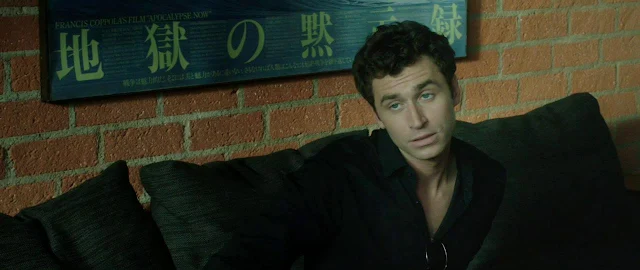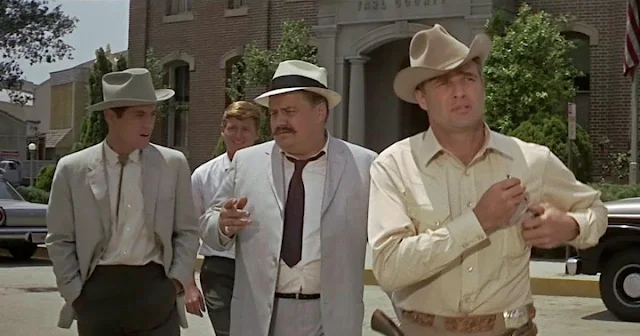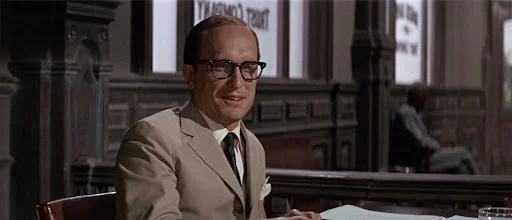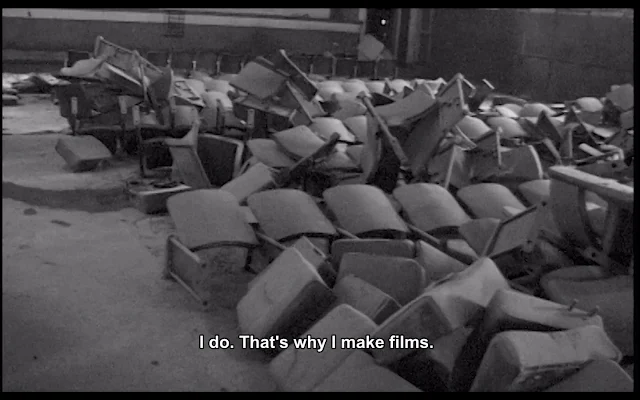
Cast: William Eadie, Tommy Flanagan, Mandy Matthews, Michelle Stewart, Lynne Ramsay Jr., Leanne Mullen, John Miller, Thomas McTaggart, Jackie Quinn, James Ramsay. Screenplay: Lynne Ramsay. Cinematography: Alwin H. Küchler. Production design: Jane Morton. Film editing: Lucia Zucchetti. Music: Rachel Portman.
Ratcatcher is a mostly neo-realist film about a boy growing up in a Glasgow slum in 1973. I say "mostly" because writer-director Lynne Ramsay, in her first feature, isn't a conventionally realist filmmaker. She allows for moments of mystery and fantasy, but they don't sugarcoat the bleakness of life in this depressed part of the city as it goes through a garbage strike and a housing crisis. James (William Eadie) is a 12-year-old boy in a barely functioning family that's waiting for an opening in a public housing development that will take them out of their crumbling neighborhood. A small canal runs through the area, and at the film's beginning, James and another boy play and scuffle in it. The other boy drowns. Ramsay never lets us know whether James is directly responsible for the boy's death, but he didn't call for help, and never admits that he had a part in it. The death has ironic echoes throughout the film, as James dreams of escaping from the neighborhood. It's a film in which small cruelties abound, reflecting the larger cruelty of an economy that fails to work for everyone. Rachel Portman's score adds just the right bittersweet tone to Ramsay's narrative.
















































